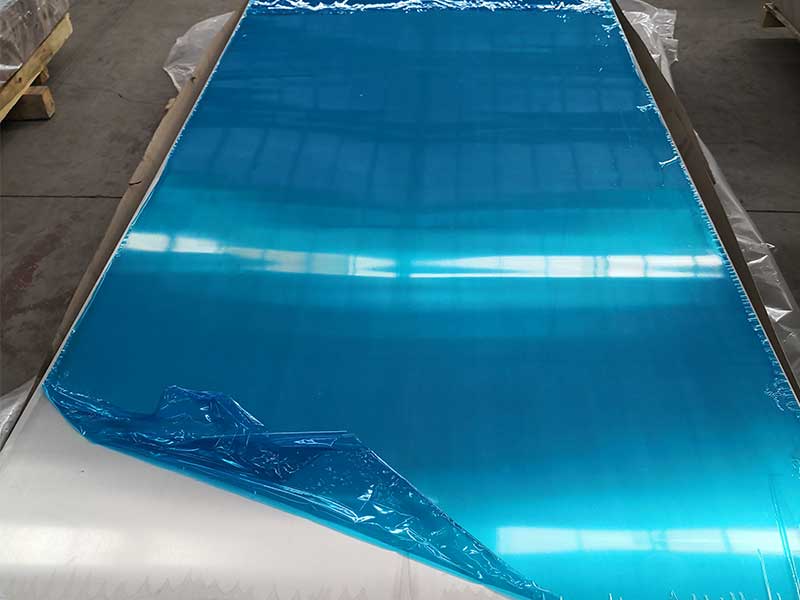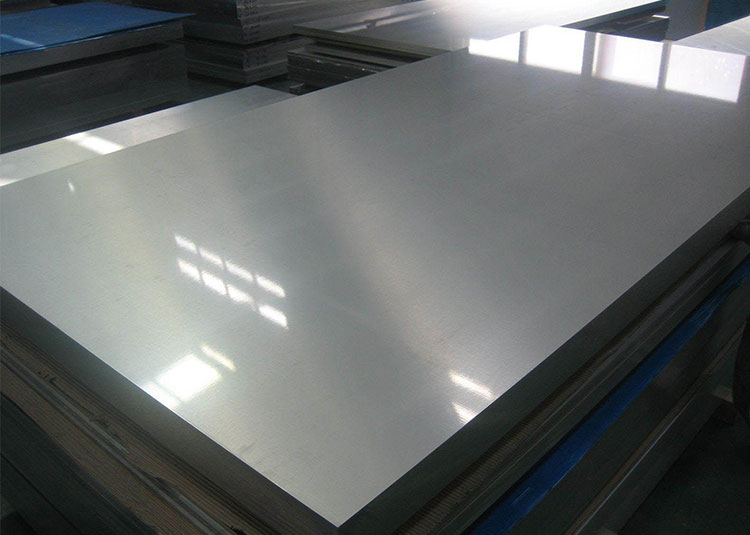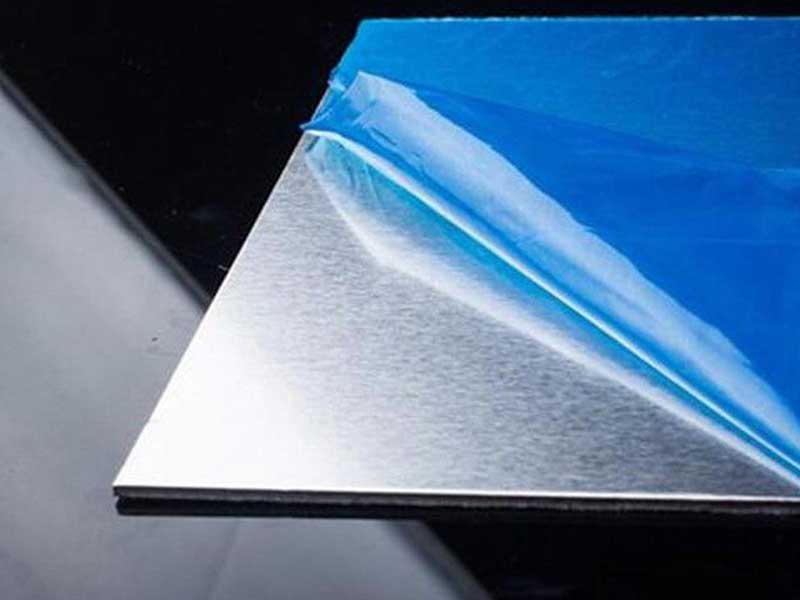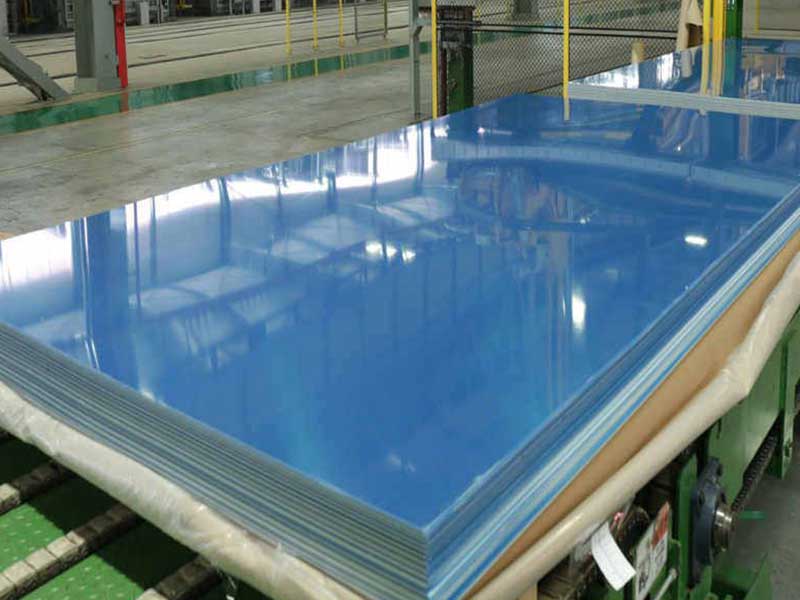Aluminum and aluminum alloys have become increasingly popular in a range of industries due to their remarkable features and versatile applications. This lightweight metal, known for its high strength-to-weight ratio, resistance to corrosion, and excellent thermal conductivity, has revolutionized manufacturing processes and product designs.
Features of Aluminum
1. Lightweight Composition: One of the most significant benefits of aluminum is its lightweight nature. Aluminum weighs roughly one-third of steel, making it a preferred choice for applications where reducing weight is critical, such as in aerospace and automotive manufacturing.
2. Corrosion Resistance: Aluminum naturally forms a protective oxide layer when exposed to air, which makes it highly resistant to corrosion. This characteristic is especially beneficial for products that encounter harsh environments, such as construction materials and marine equipment.
3. High Strength-to-Weight Ratio: Aluminum alloys can be engineered to provide superior strength while maintaining a lightweight profile. This exceptional strength-to-weight ratio allows for innovative design possibilities across various applications, from high-speed trains to lightweight bikes.
4. Thermal and Electrical Conductivity: Aluminum is an excellent conductor of heat and electricity. This property makes it ideal for electrical applications, including wiring, power lines, and heat exchangers, where effective energy transfer is vital.
5. Recyclability: Aluminum is 100% recyclable without any loss of its intrinsic properties. The recycling process is energy efficient, making aluminum products an eco-friendly choice for sustainable manufacturing processes.
Applications of Aluminum and Aluminum Alloy Products
1. Aerospace Industry: In aviation, lightweight aluminum components are essential for fuel efficiency. Aluminum alloys are used in aircraft frames, wings, and engines, contributing to overall performance and safety.
2. Automotive Industry: The demand for fuel-efficient vehicles has led manufacturers to employ aluminum in parts like body panels, wheels, and engine components. This reduces weight, enhancing fuel economy while maintaining strength and safety.
3. Construction: Aluminum’s durability and resistance to corrosion makes it ideal for building materials. From window frames and roofing to structural components, aluminum is a go-to choice for architects and builders alike.
4. Electronics: Given its excellent thermal and electrical conductivity, aluminum is widely used in electronics. It effectively dissipates heat in computers and smartphones, and is also ideal for housings and frames.
5. Food and Beverage Packaging: Lightweight aluminum cans are widely used in food and beverage packaging due to their ability to preserve contents while being recyclable. This is particularly important as consumers increasingly prefer sustainable packaging options.
6. Consumer Goods: The variety of finishes and aesthetics achieved with aluminum alloys makes them popular in various consumer goods, from kitchen appliances to sports equipment. Their appeal combines functionality with modern design trends.












